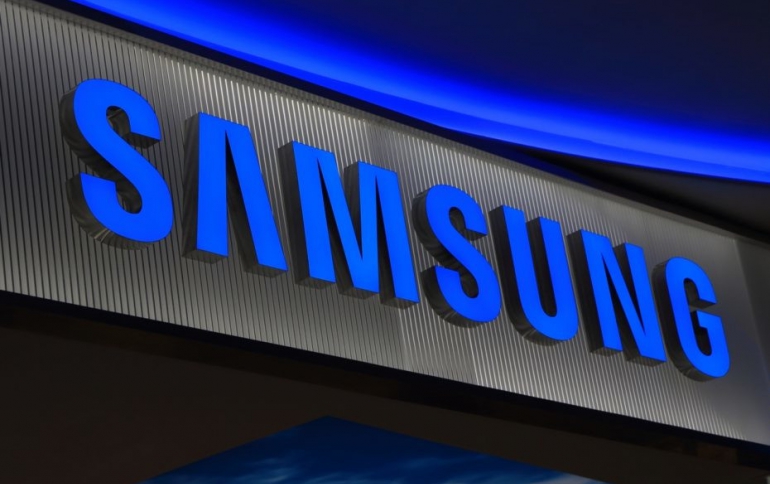
Samsung Pulls the Plug on ARTIK IoT Project, Focuses On AI, Auto Parts and 5G
Samsung Electronics is reportedly under an internal restructuring process, with the company to shut down its ARTIK IoT project and focus on artificial intelligence, vehicle components and the fifth-generation networks.
The tech conglomerate has worked on realigning current business divisions and units, and transfers of positions, all of which are to be completed by Thursday, according to Yonhap news agency.
Of course, the company will maintain its succesfull devisionc - namely device solutions, IT and mobile communications, and consumer electronics. However, each of these divisions will also have new teams that will enhance the focus on AI, vehicle components and 5G.
At the semiconductor division, the company is strengthening the automotive unit under the system LSI business.
At the mobile division, Samsung is seeking for an aggressive change in leadership and businesses.
Last week, Samsung promoted Roh Tae-moon to president of its smartphone business. The company is also replacing the head of its network equipment business by dismissing current President Kim Young-ky, a move seen as an indication of its determination to push for the 5G equipment market in preparation for commercialization in March.
In addition, Samsung recently told employees of the IoT Commercialization Team of the System LSI Department of the Device Solution (DS) Division that the ARTIK project will be closed down.
ARTIK is an IoT module that helps developers commercialize IoT devices. Samsung unveiled its first ARTIK product in 2015, and commercialized it in February of the following year.
Obviously, the ARTIK project had not the expected results, as part of Samsung's vision to build an IoT ecosystem.
Closing mobile phone plant in China's Tianjin
Samsung also announced that it will cease operations at one of its mobile phone manufacturing plants in China, as its sales in the world’s biggest smartphone market slumps amid rising competition from lower-cost local rivals.
The South Korean company has seen its share of the Chinese market shrink to 1 percent in the first quarter of this year, losing out to home-grown brands like Huawei, according to market research firm Counterpoint, which pegs Samsung’s share of the pie at about 15 percent at mid-2013.
“As part of ongoing efforts to enhance efficiency in our production facilities, Samsung Electronics has arrived at the difficult decision to cease operations of Tianjin Samsung Electronics Telecommunication,” Samsung said in a statement, referring to the plant in northern Chinese city of Tianjin.
The factory, which currently employs about 2,600 people, is scheduled to be shut down by the end of this year.
The company, which has been focusing on low-cost countries like Vietnam and India for production, added it would continue to operate another Chinese phone factory in Huizhou, in the southern province of Guangdong.






















Glad we chose the Raspberry Pi for our platform. :-)